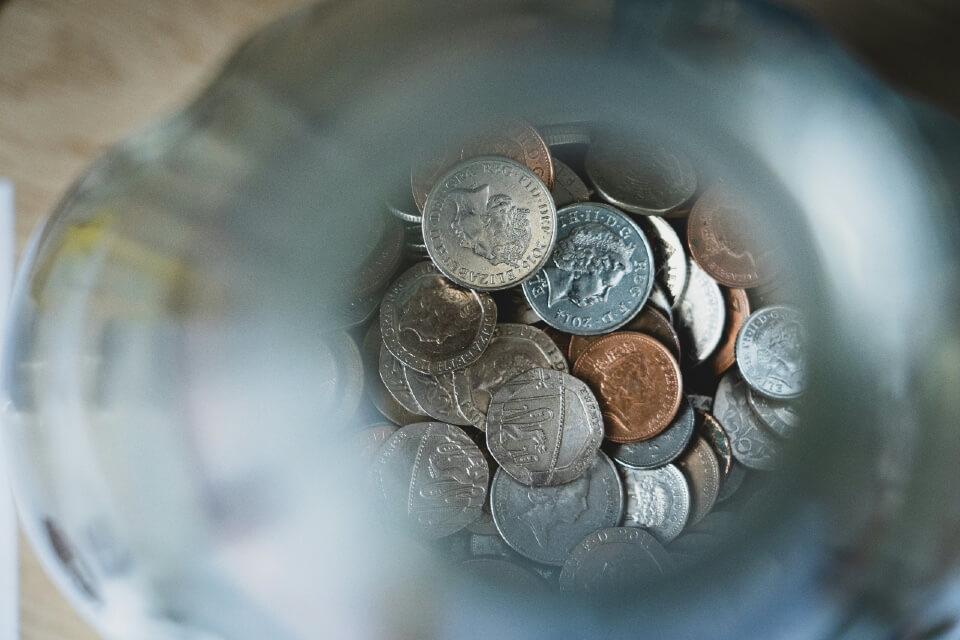Latest GDC research reveals that the games industry continues to grapple with significant pay inequity.

The GDC 2025 Game Industry Salary Report, based on a survey of US-based professionals, has highlighted a gender pay gap that is notably wider than the national average Stateside, underscoring the on-going challenges for women working in the sector.
The report highlights:
24% Less Pay for Women
Women in the industry earn an average of 24% less than their male counterparts. This gap is substantially larger than the reported current gender pay gap of approximately 15% for the United States overall.
Income Discrepancy at Senior Levels
A comparison of employed game designers with at least six years of experience showed a striking difference in high-earning potential:
- Two-thirds of men (68%) in this experienced subset received at least $125K per year.
- In contrast, only 38% of women and non-binary respondents earned that same amount.
This disparity is reflected in compensation satisfaction, as 60% of women and non-binary people report feeling under-compensated, compared to 50% of men.
While this data is drawn from a US-centric survey, it is likely to resonate with and reflect similar, ongoing issues in the UK games industry.
Meanwhile: The Ethnicity Pay Gap
In addition to the gender divide, the GDC report exposes a stark pay gap for non-white employees in the US game industry, another issue likely to be reflected internationally:
- Non-white workers on average receive 27% less than their white peers.
- When looking at experienced game designers, 62% of white respondents made at least $125K per year, compared to only 45% of non-white game industry professionals.
- A total of 62% of non-white game workers report feeling undercompensated, compared to 50% of those who identify solely as white.
The UK’s Equal Pay Day
The fight for pay equity extends globally, and the issue is brought into sharp focus annually by organisations like the Fawcett Society in the UK.
The Fawcett Society has named this Saturday (November 22nd) as the Equal Pay Day for the UK. This date marks the day when, due to the gender pay gap, women in the UK effectively stop earning compared to men for the rest of the year. It serves as a powerful, reminder of the need for action to close all gender pay and ethnicity pay gaps.



